
Read or listen offline
Amazon KindleRecommendation
Science philosophers Paul Dumouchel and Luisa Damiano argue for a “radically embodied,” profoundly social nature of mind. “Social robotics,” they assert, offers an experimental opportunity to understand the dynamics of social interaction and to create autonomous “substitutes” – empathetic, cognitive artificial beings that aid and stand in for humans. In supporting their thesis, the authors contrast Eastern and Western popular conceptions of intelligent robots, disassemble prevailing philosophies of mind, explore potential mechanisms of “artificial empathy,” and examine the military and bureaucratic establishment’s motives in defining “moral machines.” Dumouchel and Damiano present a refreshingly pure, divergent intellectual investigation into the “coevolution” of human and robot. Students and teachers of technological change, futurist investors, and all readers intrigued by this realm of science will appreciate their big-brain, complexity-embracing approach.
Summary
About the Authors
Canadian Paul Dumouchel is a professor of philosophy at the Graduate School of Core Ethics and Frontier Sciences, Ritsumeikan University, Japan. Luisa Damiano is an associate professor of logic and the philosophy of science at the University of Messina. Malcolm DeBevoise has translated more than 30 scholarly works from French and Italian.









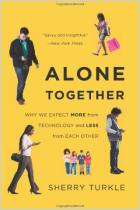
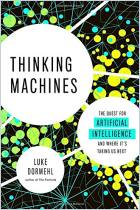

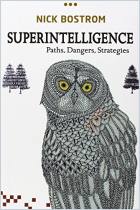
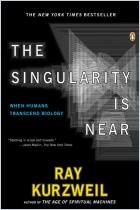
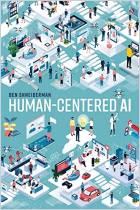
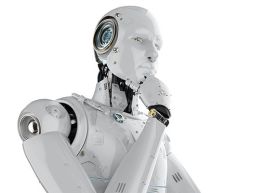

Comment on this summary or Начать обсуждение